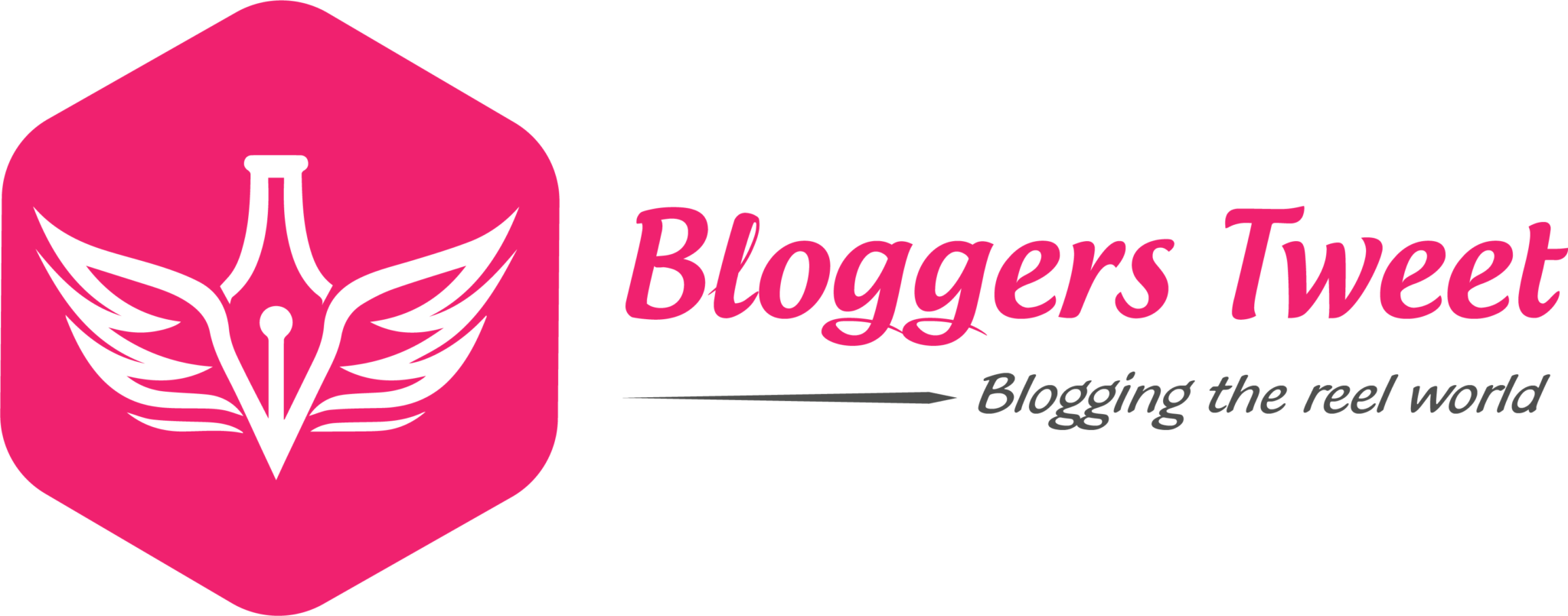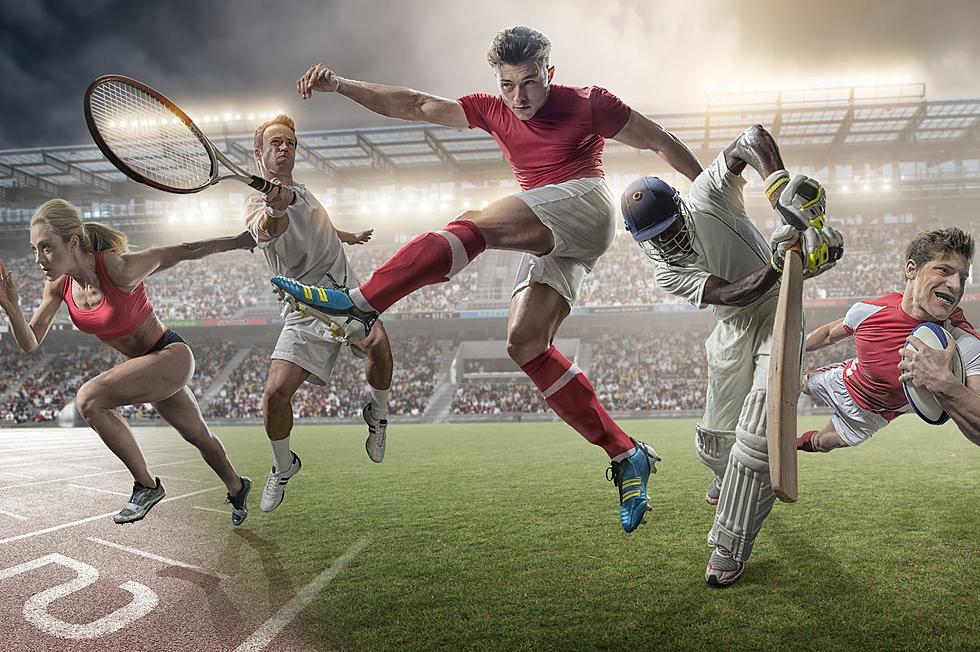Introduction:
Embarking on the journey to become a better sports person requires more than just physical prowess; it demands a holistic approach that encompasses skill development, mental resilience, and a commitment to continuous improvement. In this blog, we unravel the key strategies and mindset shifts that can elevate your game, whether you’re a seasoned athlete or just starting your sporting journey.
Set Clear Goals:
Establish specific, measurable, and achievable goals for your athletic journey.
Break down long-term objectives into short-term targets to track progress.
Master Your Sport:
Invest time in mastering the fundamental skills and techniques specific to your sport.
Seek guidance from coaches, watch professionals, and engage in targeted training.
Prioritize Physical Conditioning:
Develop a comprehensive fitness routine focusing on strength, endurance, agility, and flexibility.
Incorporate cross-training to enhance overall athleticism and prevent injuries.
Embrace Mental Toughness:
Cultivate resilience, focus, and a positive mindset to navigate challenges.
Practice visualization and mindfulness techniques to enhance mental fortitude.
Continuous Learning:
Stay updated on the latest developments, strategies, and innovations in your sport.
Learn from your experiences and seek feedback from coaches and teammates.
Strategic Time Management:
Balance training, competition, and recovery to avoid burnout.
Prioritize rest and recovery to ensure optimal performance during training and competition.
Nutrition as Fuel:
Fuel your body with a well-balanced, nutritious diet tailored to your specific athletic needs.
Hydrate adequately and consider consulting a nutritionist for personalized advice.
Effective Communication:
Foster open communication with coaches, teammates, and support staff.
Seek feedback and actively participate in team discussions to enhance collaboration.
Adaptability and Versatility:
Develop the ability to adapt to different playing conditions and opponents.
Explore various positions or roles within your sport to enhance versatility.
Rest and Recovery:
Prioritize quality sleep to aid recovery and optimize performance.
Incorporate rest days into your training schedule to prevent overtraining and injuries.
Athletes require a well-balanced and nutritious diet
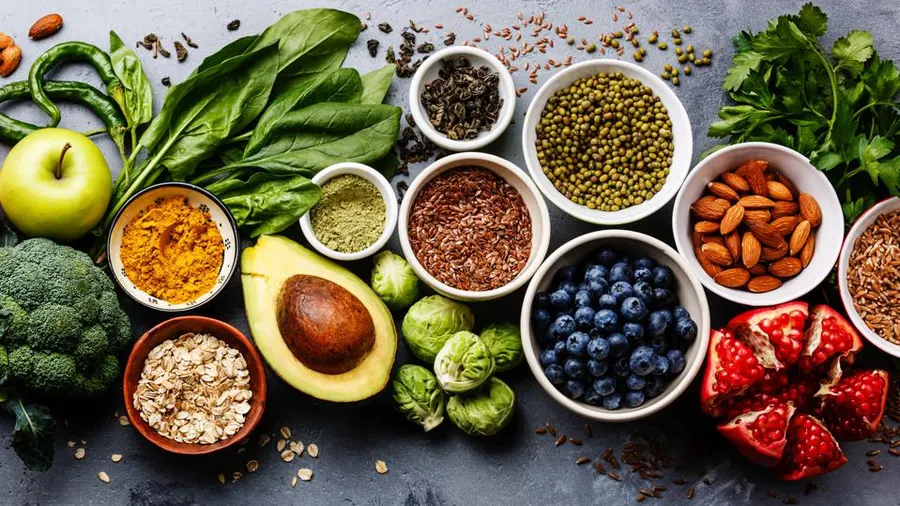
Athletes require a well-balanced and nutritious diet to support their training, performance, and recovery. Here is a list of some of the best foods for sports persons, providing essential nutrients, energy, and promoting overall health:
Complex Carbohydrates:
Whole Grains: Brown rice, quinoa, oats, whole wheat bread.
Sweet Potatoes: Rich in complex carbohydrates and a good source of vitamins.
Lean Proteins:
Chicken Breast: High in protein and low in fat.
Turkey: Lean source of protein and a good source of B vitamins.
Fish: Salmon, tuna, and other fatty fish provide omega-3 fatty acids.
Dairy or Dairy Alternatives:
Greek Yogurt: High in protein and contains probiotics.
Milk or Fortified Plant-Based Milk: A good source of calcium and vitamin D.
Fruits and Vegetables:
Berries: Rich in antioxidants and vitamins.
Leafy Greens: Spinach, kale, and Swiss chard provide essential nutrients.
Bananas: A quick source of energy and potassium.
Healthy Fats:
Avocado: Packed with healthy monounsaturated fats.
Nuts and Seeds: Almonds, walnuts, chia seeds, and flaxseeds provide omega-3 fatty acids.
Hydration:
Water: Essential for maintaining fluid balance and preventing dehydration.
Electrolyte-rich Drinks: Particularly useful during intense or prolonged exercise.
Protein-Rich Snacks:
Hard-Boiled Eggs: Portable and rich in protein.
Protein Bars: Choose those with minimal added sugars and high protein content.
Whole Eggs:
Provide a complete source of protein, vitamins, and minerals.
Beans and Legumes:
Chickpeas, Lentils, and Black Beans: Excellent sources of plant-based protein and fiber.
Quinoa:
A complete protein source with all essential amino acids.
Oatmeal:
A complex carbohydrate providing sustained energy and fiber.
Dark Chocolate:
In moderation, it can provide antioxidants and a small energy boost.
It’s essential for athletes to personalize their nutrition plans based on their specific needs, sports type, and individual preferences. Consulting with a registered dietitian or nutritionist can help create a tailored nutrition plan that meets specific athletic goals and supports overall health. Additionally, staying hydrated throughout the day is crucial for optimal performance and recovery.
Sports for your future depend
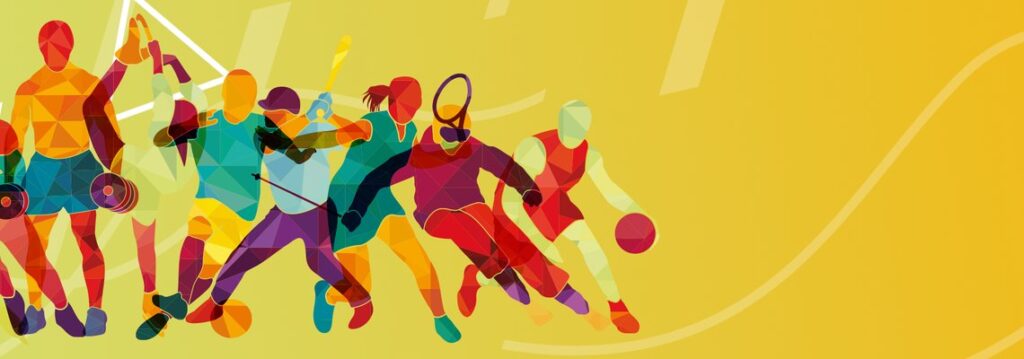
The “best” sports for your future depend on various factors, including personal preferences, skill sets, interests, and long-term goals. Different sports offer unique opportunities and pathways, so it’s essential to consider your individual strengths and aspirations. Here are several sports that are often associated with promising career prospects, either as an athlete, coach, sports scientist, or in related fields:
Soccer (Football):
Soccer is the most popular sport globally, offering opportunities for professional playing careers, coaching, management, and sports marketing.
Basketball:
Basketball is widely played and has professional leagues in many countries. It provides opportunities for athletes, coaches, and those involved in sports management.
American Football:
American football, particularly in the United States, offers opportunities for players, coaches, and various roles within the National Football League (NFL).
Tennis:
Tennis provides individual playing opportunities as well as coaching and sports management roles. Success in tennis can lead to lucrative sponsorship deals.
Golf:
Golf offers opportunities for professional playing careers, coaching, and involvement in the golf industry. Successful golfers often enjoy sponsorships and endorsements.
Cricket:
Cricket is immensely popular in countries like India, England, Australia, and others. It provides opportunities for players, coaches, and involvement in cricket administration.
Esports:
Esports, or competitive video gaming, has seen significant growth. Opportunities exist not only for players but also in roles such as coaching, commentary, and esports management.
Athletics (Track and Field):
Track and field sports offer opportunities for athletes in various disciplines, and successful athletes can participate in international competitions.
Swimming:
Swimming provides opportunities for competitive athletes, coaches, and careers in sports science related to aquatic sports.
Cycling:
Cycling, including road cycling, mountain biking, and track cycling, offers opportunities for professional athletes, coaches, and those involved in cycling events.
Martial Arts:
Martial arts, such as MMA (Mixed Martial Arts), judo, and taekwondo, offer opportunities for competitive athletes, coaches, and participation in combat sports industries.
Extreme Sports:
Sports like snowboarding, skateboarding, and surfing have gained popularity, offering opportunities for athletes and those involved in the sports industry.
When choosing a sport for your future, consider your passion, talent, and long-term goals. Additionally, exploring careers in sports management, sports science, coaching, sports medicine, and sports journalism can provide diverse opportunities within the sports industry. It’s crucial to combine your love for a sport with a realistic assessment of your skills and potential career paths.
Government has provisions for sports quota
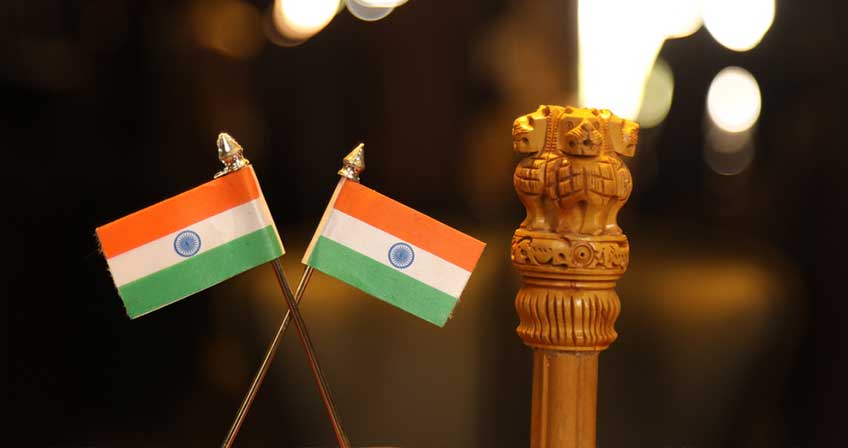
In India, the government has provisions for sports quota in various sectors to encourage and recognize talented athletes. The sports quota allows individuals with exceptional achievements in sports to secure government jobs with certain relaxations in eligibility criteria. Here are some sectors and government organizations in India that commonly offer jobs through the sports quota:
Indian Railways:
The Railway Sports Promotion Board (RSPB) recruits athletes through sports quota for various positions in different divisions of Indian Railways.
Indian Army, Navy, and Air Force:
The Armed Forces, including the Indian Army, Navy, and Air Force, have provisions for recruitment through sports quota for both officer and soldier ranks.
Indian Police Services (State Police and Central Police Organizations):
Many state police departments and central police organizations such as the Central Reserve Police Force (CRPF) recruit individuals through sports quota for various ranks.
Public Sector Banks:
Several public sector banks in India reserve positions for sports quota recruits. The recruitment process may vary across banks.
Public Sector Undertakings (PSUs):
Some PSUs, such as Oil and Natural Gas Corporation (ONGC), Bharat Petroleum Corporation Limited (BPCL), and Steel Authority of India Limited (SAIL), have provisions for recruiting individuals through sports quota.
State Government Jobs:
State governments across India also provide opportunities through sports quota in various departments, including education, police, and public services.
Universities and Educational Institutions:
Universities and educational institutions may have sports quota reservations for non-teaching and teaching positions.
All India Council for Sports (AICS):
The AICS, under the Ministry of Youth Affairs and Sports, is involved in the promotion of sports and games in India. Athletes associated with AICS may have opportunities in government jobs.
Border Security Force (BSF), Indo-Tibetan Border Police (ITBP), and Sashastra Seema Bal (SSB):
These paramilitary forces often recruit individuals through sports quota for various ranks.
Sports Authority of India (SAI):
SAI itself recruits sports professionals for different positions, and athletes associated with SAI may have opportunities in government jobs.
It’s important to note that the specific eligibility criteria and recruitment processes under the sports quota can vary among organizations. Athletes seeking government jobs through the sports quota should regularly check the official websites of the respective organizations or recruitment boards for the latest updates, notifications, and specific requirements for each job position. Additionally, they may need to provide evidence of their sports achievements and undergo a selection process that may include trials and interviews.
Indian Sports Players in Indian Government Jobs
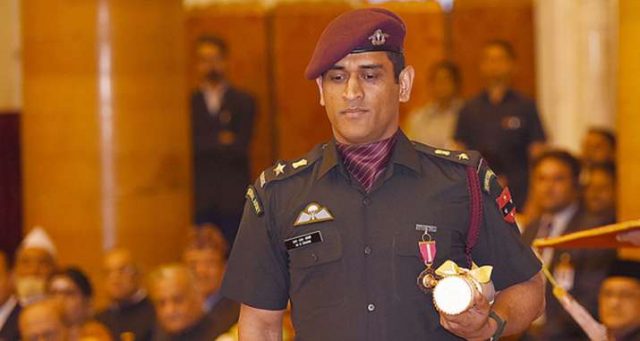
However, many Indian athletes have successfully transitioned into government jobs through the sports quota over the years. Some athletes who have been associated with government jobs or have received appointments include:
Milkha Singh:
The legendary sprinter, often referred to as the “Flying Sikh,” had been associated with the Indian Army.
Mary Kom:
The renowned Indian boxer and multiple-time world champion is an Additional Superintendent of Police in Manipur.
Sachin Tendulkar:
While not a government job, Sachin Tendulkar has been nominated to the Rajya Sabha, the upper house of India’s Parliament.
M.S. Dhoni:
The former Indian cricket captain holds the honorary rank of Lieutenant Colonel in the Territorial Army.
Sushil Kumar:
The accomplished wrestler and Olympic medalist has been associated with the Indian Railways.
Deepa Malik:
The Paralympic athlete and Arjuna Awardee is associated with the Haryana Police and has also been appointed as the President of the Paralympic Committee of India.
These examples illustrate that athletes in India often find opportunities in government jobs or associated roles. The specific positions, organizations, and roles can vary based on the athlete’s achievements, preferences, and available opportunities.
Conclusion:
Becoming a better sports person is a journey of continuous growth, both on and off the field. By integrating these strategies into your routine and adopting a mindset focused on improvement, you’ll not only elevate your athletic performance but also enjoy a more fulfilling and rewarding sporting experience. Remember, each practice, each match, and each setback is an opportunity to learn, evolve, and become the best version of yourself as a sports person.
